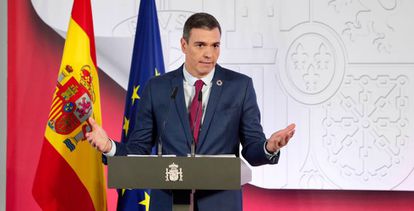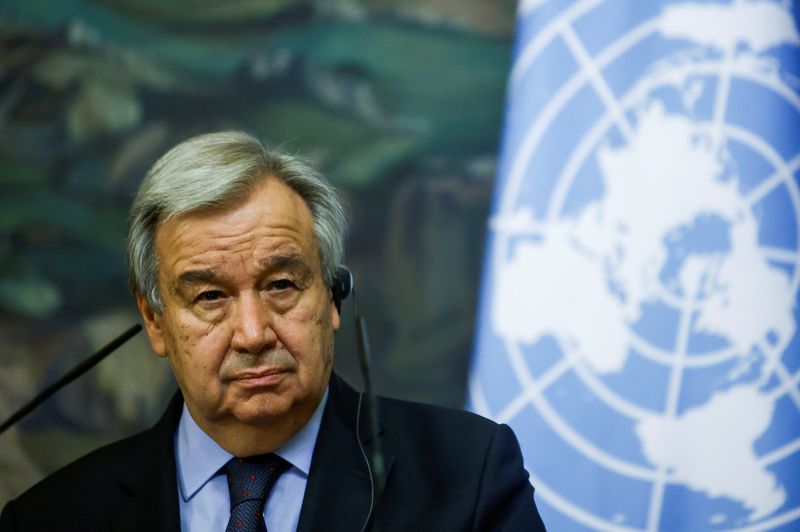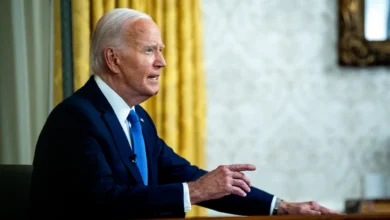
Following Russia’s invasion of Ukraine, Spanish Prime Minister Pedro Sánchez has offered an additional €10 billion (£8.8 billion) in aid to combat increasing prices.
He stated that despite the rise in the cost of living, electricity, and food, the government would “defend the middle class and workers”.
The ideas include a one-time payment of €200 and VAT reductions for millions of people making less than €27,000.
Spain has already received a total of three sets of help, amounting to €45 billion.
The lowest annual rate in the European Union and the lowest level since the Russian invasion of Ukraine in February 2022, 6.8%, has been achieved in Spain in recent months. But the inflation of food prices is far larger.
The newest proposals, dubbed a “anti-crisis” package to reduce price increases and foster growth in the coming year, extend for an additional six months tax breaks on gas and electricity enacted by the left-wing government.
4.2 million households will benefit from the one-time payment; previously, it was only available to families with an annual income of less than €14,000.
With a reduction on season ticket prices prolonged through the first half of 2023, public transportation will also continue to be subsidized. However, a 20-cent per litre gasoline discount for consumers will only be available to a select group of work sectors.
Mr. Sánchez also promised to reduce taxes on pasta and cooking oil from 10% to 5% and to eliminate sales tax for six months on vital foods such bread, milk, cheese, eggs, fruits, and vegetables. Gas and electricity shutoffs to residential customers are prohibited until the end of 2023.
The EU as a whole has taken action to safeguard consumers and businesses from growing costs, with Germany unveiling in October a “defensive shield” package worth €200 billion to reduce the price of electricity and gas. The administration of Olaf Scholz said that it was Berlin’s answer to Russia’s “energy war.”
The so-called price brake in Germany sets a limit on the price of gas and electricity. EU leaders decided earlier this month to restrict gas prices starting in February if they exceed €180.
In accordance with a €45 billion plan, France, like Spain, has promised a one-time payment to disadvantaged families getting energy vouchers.
Additionally, it compelled energy supplier Électricité de France (EDF) to set a one-year price increase ceiling of 4%.
The UK government imposed a cap on energy prices until April 2023, which will result in an average annual family expenditure for gas and electricity of £2,500.










